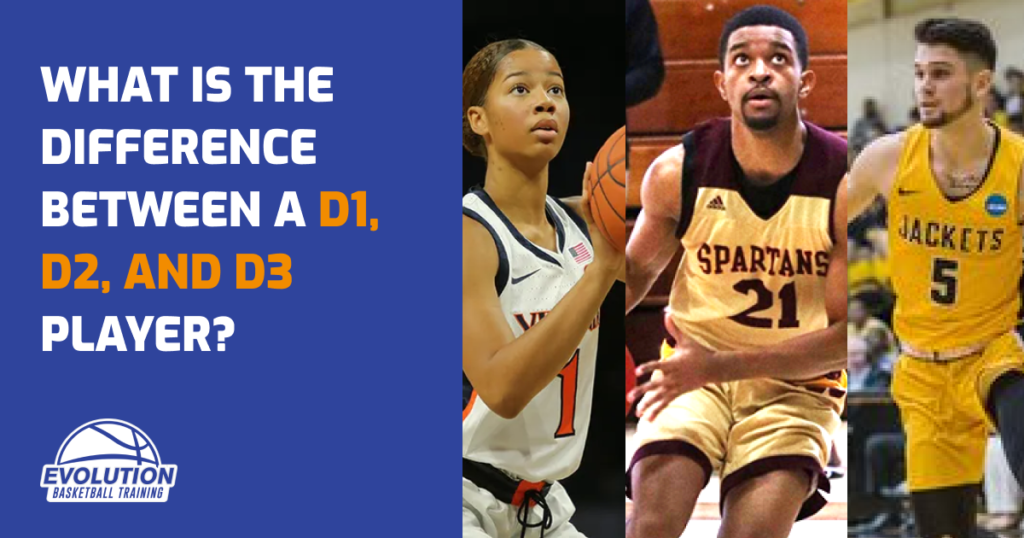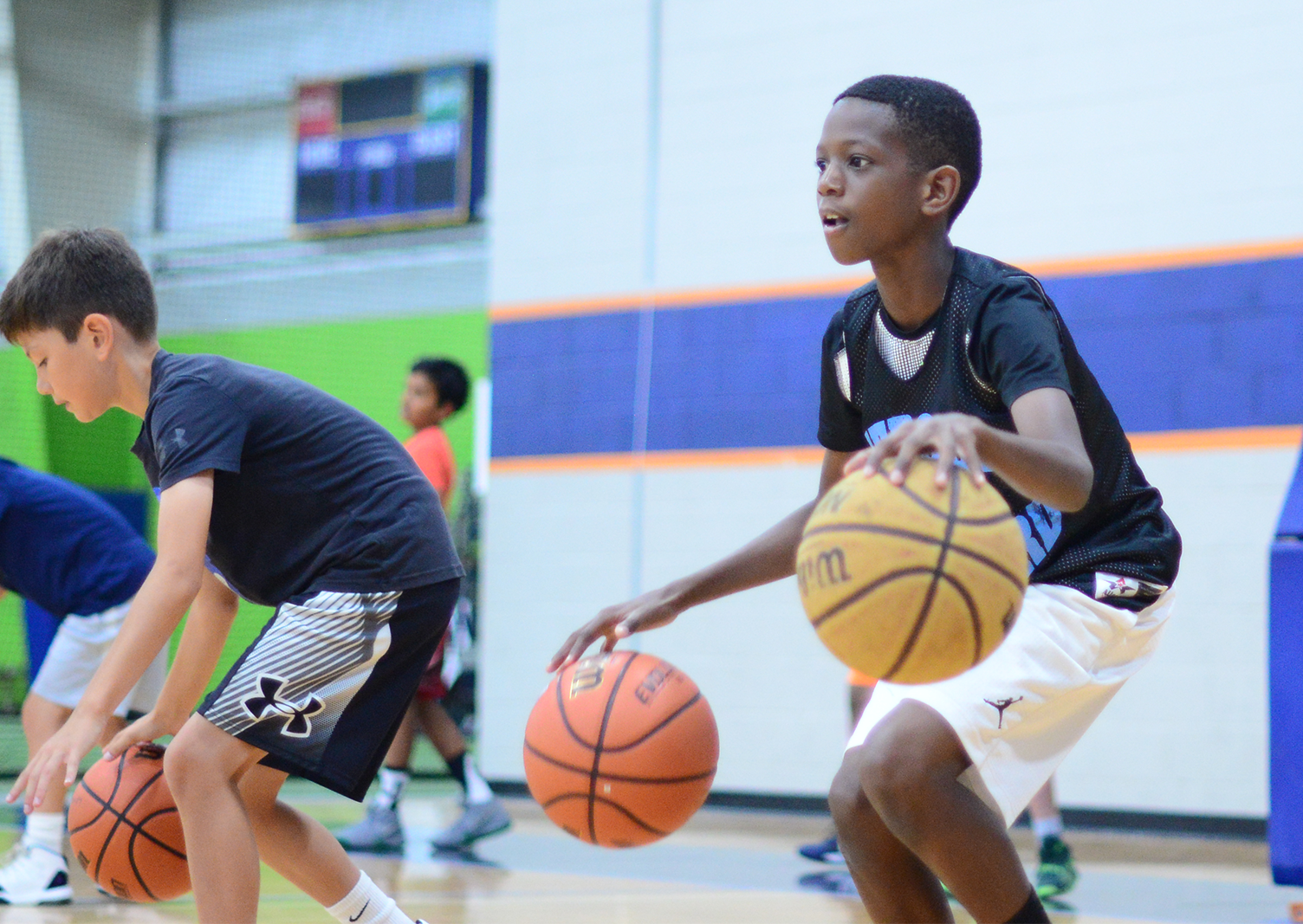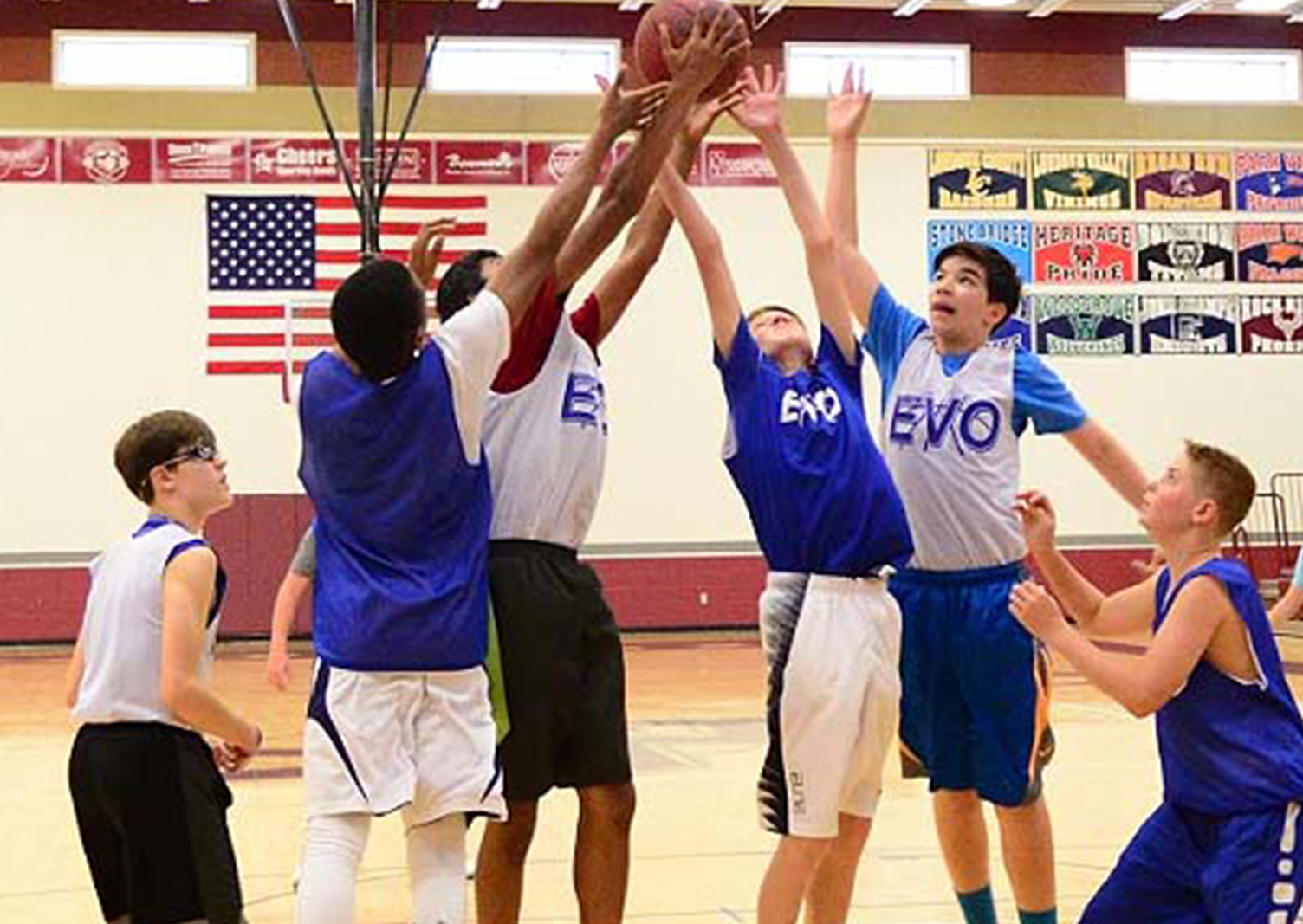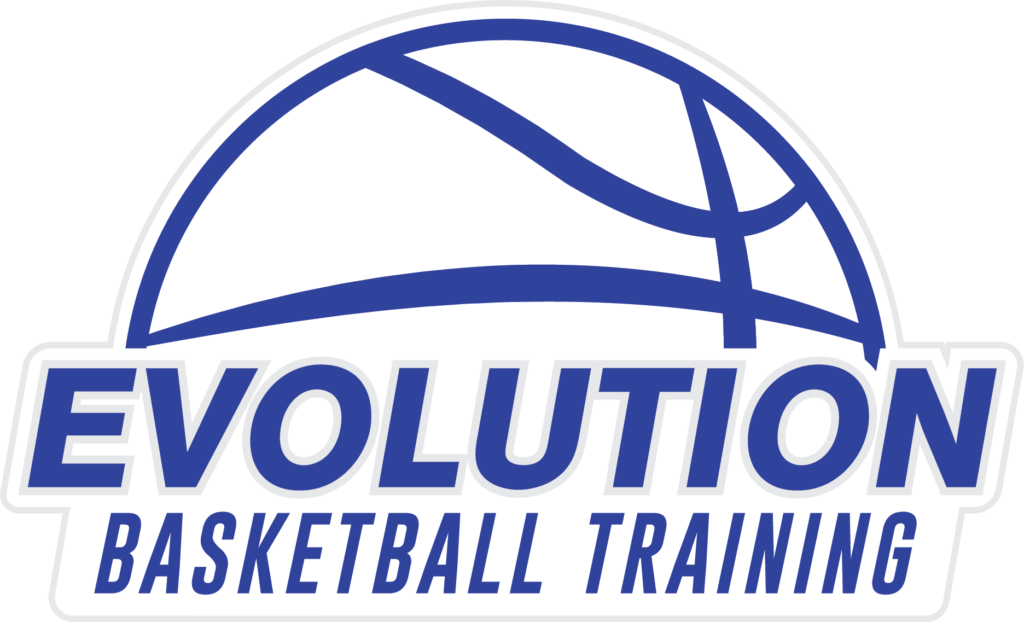
This is one of the most difficult conversations when it comes to college basketball and specifically recruiting. To be blunt, there’s a lot of money on the line here because it’s the difference between paying for college or going for free.
Let’s start with this, by NCAA rules, a D1 scholarship is full scholarship and always is. D2 can give full scholarships but many schools can only afford to give a few full and a few partials. D3 can give no athletic scholarships, only financial aid. So for financial purposes, unless you’re one of the few who get a full D2 scholarship, a D2 partial scholarship is no different than D3 financial aid.
So let’s dig into these pieces to the puzzle that separates a player from being a D1 or D2 full scholarship kid to one who is not.
1. Size. There are exceptions to the rules, but if you look at D2/D3 players, they are a couple inches shorter in each position than what you see at the D1 level. VERY often you will find a great point guard or post player at the D3 level and you’ll hear, “if they were 2 inches taller, they would be a D1 player”. What this tells me about this player is that they have almost all the pieces of the other categories I’ve listed, but that missing piece is that they are a bit too small for the position they play for the D1 level without being a freak athlete or something like that. On the flip side, I’ve seen plenty of taller players at the D3 level who have the height, but that means they are lacking in one of these other categories.
2. Athleticism. The reality is that the better athlete you are the easier everything else becomes. So someone who is a great athlete is probably going to have D1 potential, but they can’t be missing too many of the other parts of this list. For example, a crazy athlete who is still short and has weak skills may still end up at the D2/D3 level. But someone who is short, a crazy athlete, and has all the other components may very well be that scholarship kid.
3. Skill Level. This is one much more straightforward. Can you shoot? How are your ball-handling skills? Footwork? Finishing? Defense? Let’s use shooting because it’s the easiest example. If a player can shoot, a college is going to want them. But how good a shooter are you? 50% from 3-point land (over a season) is truly elite, 40% is still really great, and 30% is very good. If you are a 6’4 boy or 5’10 girl shooting 50% from 3, you are getting D1 looks and probably scholarship offers even with missing some of the other parts of this list because you have 2 important ones (size and shooting). But if you’re short, shooting 40%, and a weak defender, that tells me probably a non-scholarship player. Short, 40% from 3, plays hard D, and has some other parts of this list sounds like scholarship potential but not guaranteed.
4. Basketball IQ. This is the opposite of skill, it’s difficult to gauge. Understanding of the game and basketball IQ is difficult to point your finger, unlike shooting percentage. So for this blog let’s not get into what it is, let’s just say the higher your bball IQ the more desirable your are to a college coach. It’s also position-specific too because if you’re a small PG, you better have a really high IQ, but if you’re a 6’10 freak athlete who can grab 15 rebs a game, coaches will certainly overlook a low level of basketball IQ. To be honest, this one is really hard for parents who didn’t play to judge so don’t be offended. Chances are, if you’re a parent who played and you have a high IQ, it probably got passed along to your child.
5. Effort/Toughness. This is possibly the hardest to define because it’s not as clear as height or shooting percentage. How hard do you play is the real question. We’re looking at effort plays like, diving on the floor for loose balls, taking charges, sprinting the floor, taking pride in your defense. Also looking at toughness moments like how you handle playing a physical opponent, how you handle a bad foul called against you, or how you handle having a bad shooting night. These are the micro details that college coaches live for that many players and parents of High School players don’t even notice. Trust me, they are major difference makers.
6. Attitude. Similar to effort/toughness this one is hard to pinpoint. My first questions are how do you handle coaching, and how do you respond to feedback? Everyone makes mistakes and every coach needs to call you out on those mistakes to correct them. Do you sulk and give a negative attitude when being corrected, or take it like a champ and correct the errors? How about energy, do you bring energy to practice every day, or are you an energy vampire?
7. Your Superpower. What a great question, what is your superpower? When it comes to college basketball it’s one of the biggest questions. A better way to phrase it is, what is it that you do better than everyone else on the court? Are you an amazing shooter, floor general, defender, or rebounder??? What is that one thing that clearly separates you from others to prove your worth and value to a coach? If you’re a parent, this question could help provide clarity. Answer the question what does your child do better than EVERYONE else?
So my recommendation is to look at this list as a mix and match. The only players that have all of the things I listed as an advantage are called All Americans and it’s clear they are a D1 scholarship players. Everyone is going to be stronger in some categories and weaker in others. Give yourself, or your child, an honest look here to access where they are at. This is not a perfect science, but it can provide some clarity to the difficult question of - Is my child a scholarship player or not?
For more content, be sure to like and subscribe to Evolution Basketball Training’s Youtube Channel, Instagram, & Facebook.

Learn the fundamental skills of the game in a fun and exciting environment.

The best spring league in the country! No parent coaching, players are coached by our professional staff.
No spam, notifications only content you want to see!
Intense basketball skill workouts for committed players with AAU, Travel, & High School experience.
Learn the fundamental skills of the game in a fun and exciting environment. Rec league, CYO, & beginner experience.
Develop fundamental skills and enjoy tons of live game play. Camps are offered all year long for all experience levels.
Fundamental Training: fundamentaltraining@evobball.com
Advanced Training: advancedtraining@evobball.com
Camps: camps@evobball.com

Inclement Weather Update: 1.15.2024
All programs after 3:30pm are canceled due to inclement weather.